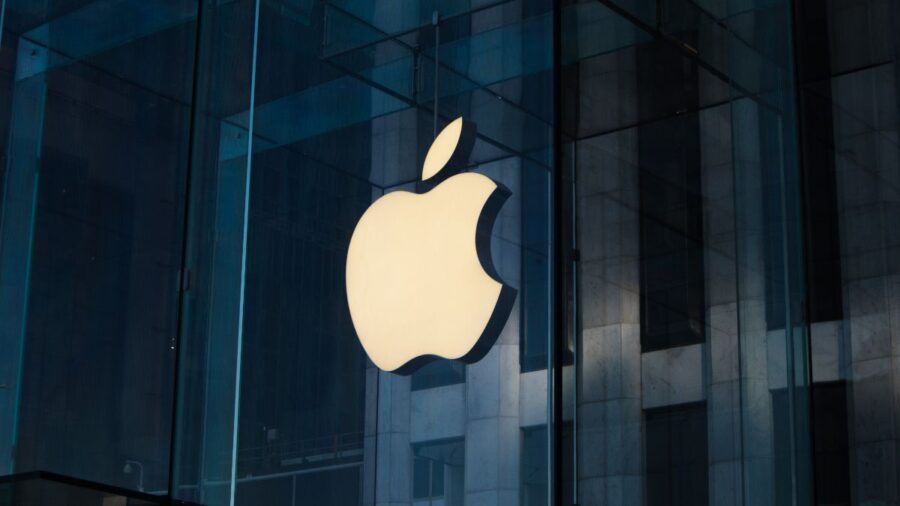
Apple, the multimedia tech behemoth, was founded in 1976, but the fruit from which the firm derives its name is a little older. The first instances of humans picking and eating apples, according to numerous historians, can be traced back to what is now known as Kazakhstan about 750,000 years ago.
The company is one of the world’s most recognisable brands. In Q1 2022, its market capitalisation exceeded $3tn (£2.4tn). Apple is one of the biggest players in markets including personal computers, smartphones and music streaming – but not, it should be noted, in fruit.
The firm’s logo, depicting a partly eaten apple, is a nod to the legend attached to Sir Isaac Newton’s gravitational theory. Again, it has nothing to do with the business of growing and selling fruit.
Why, then, is Apple taking legal action against Fruit Union Suisse, a 111-year-old trade body representing fruit farmers in Switzerland? Fruit Union Suisse, which is more than twice as old as Apple, has a vaguely similar logo. Yes, it also features an apple, but this one is red with a white cross on it – imitating the Swiss flag – and hasn’t had a bite taken out of it.
According to the World Intellectual Property Organization, Apple has started dozens of similar IP disputes around the world. Companies in Turkey, Israel, Japan and Armenia that used apples somewhere in their branding have been pressured into changing.
Apple doesn’t always need to prevail in court to get its way. As Irene Calboli, a professor at Texas A&M University School of Law, recently told Wired, the legal system is “very much skewed towards those who have more money”.
The mere threat of costly litigation from a huge company can, she said, be enough to intimidate other businesses and prevent them from doing “something that might be perfectly lawful.”
Most respondents never have their day in court. Instead, they quietly agree to change their branding to avoid a lengthy and expensive case.
Fruit Union Suisse, by contrast, is fighting its corner. The organisation has been speaking widely to the media about the situation, explaining to Wired that it has a “hard time” understanding the grounds for Apple’s complaint.
“It’s not like they’re trying to protect their bitten apple,” said Fruit Union Suisse director Jimmy Mariethoz. “Their objective here is really to own the rights to an actual apple, which, for us, is something that’s almost universal. That should be free for everyone to use.”
Owning image rights to apples does seem absurd. As Fruit Union Suisse points out, apples are ubiquitous and no one is confusing an actual apple with the company that makes iPhones.
But it is the continuation of a long-running battle. Previously it was with Apple Corps, the business owned by The Beatles and their relatives, which sued Apple (then Apple Computer) for trademark infringement in 1978, 1989 and 2003. To end that dispute, in 2007, Apple took ownership of all trademarks related to ‘Apple’ and licensed some of them back to Apple Corps.
Apple is pushing further in this latest case. But the ensuing legal battle is unlikely to do much for the company’s image. There will be months of headlines as the case progresses, most of which are unlikely to look favourably on Apple. Most so far seem mildly incredulous.
And it is a risky strategy. People like an underdog. No one roots for a bully. The two apples are not, in my view, even likely to be confused. Swiss farmers are no threat to Apple’s reputation. But this sort of behaviour is – even more so if it loses.
It’s important for a brand such as Apple to maintain control of its image, but its pursuit of this case seems to lack common sense.
